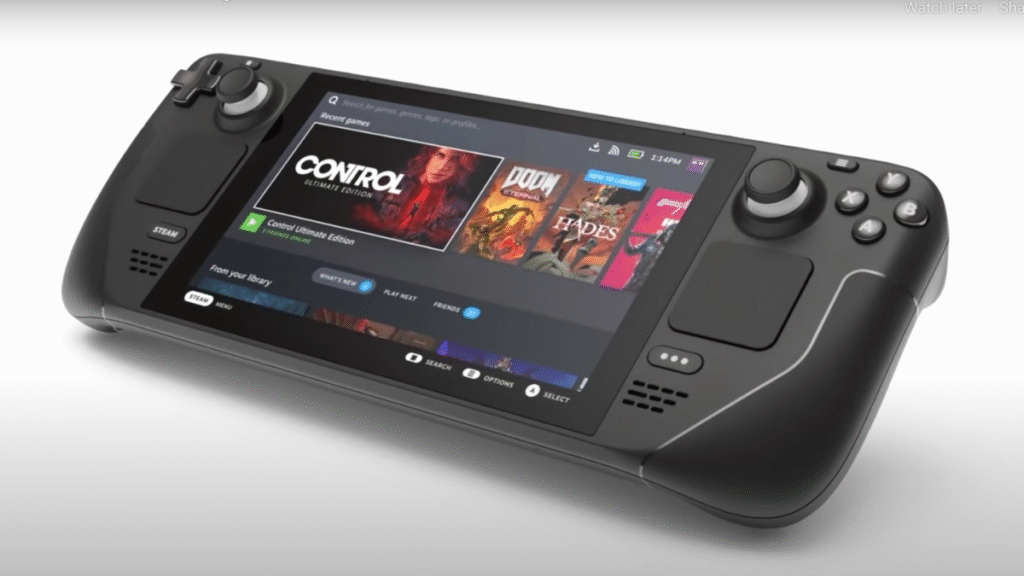
Full Steam Ahead: What the Latest Valve Announcements Mean for PC Gamers
Summary – Valve’s recent wave of updates and announcements signals major shifts for PC players and the broader gaming ecosystem.,
Article –
Valve Corporation, the company behind industry-defining platforms and games, has recently unveiled a series of updates and announcements that will impact millions of PC gamers worldwide. These developments, revealed through a comprehensive presentation, highlight significant shifts in Valve’s approach to digital distribution, game development, and hardware integration. Understanding these changes is crucial for gamers, developers, and stakeholders across the gaming industry.
Background & Build-Up
Valve has long been a central figure in the PC gaming landscape, primarily through its digital distribution platform Steam and iconic game franchises like Half-Life, Portal, and Dota 2. Over the past two decades, Steam transformed digital game sales, ushering in subscription models, community features, and competitive esports ecosystems. Valve’s hardware initiatives, including the Steam Deck handheld console, have further expanded its influence, positioning it as a comprehensive ecosystem provider.
Key Details
The latest update cycle centers on several core areas:
- Valve has rolled out updates to Steam that improve user interface responsiveness, expedite game library organization, and introduce new accessibility options. These enhancements aim to improve user experience for the platform’s over 150 million monthly active users (MAU).
- Valve has pushed forward the Steam Deck’s software update to improve battery life, optimize game compatibility through Proton (Steam’s Windows compatibility layer for Linux), and enhance controller support. Benchmark tests indicate a 10% performance uplift in key titles such as Cyberpunk 2077 and Elden Ring on the latest Steam Deck firmware.
- Developer engagement efforts include expanding Steamworks SDK capabilities, simplifying multiplayer integration and anti-cheat infrastructure. This promises to lower barriers for both indie developers and large studios to deliver seamless online experiences.
Industry Impact
These developments represent Valve’s commitment to maintaining its dominance in PC gaming amidst increasing competition from alternatives like Epic Games Store and cloud gaming services. Significant impacts include:
- The enhanced Steam client addresses long-standing user complaints about speed and interface clutter, potentially retaining and growing Valve’s massive player base.
- Improvements on the Steam Deck challenge traditional portable consoles by offering PC-level compatibility and access to a vast game library, possibly encouraging more developers to support portable PC gaming.
- The expanded Steamworks tools could accelerate innovation in multiplayer game design, impacting esports and community-driven content by reducing development overhead on server and anti-cheat technology.
Community Reaction
Initial responses from the gaming community have been largely positive:
- Many users praise Valve’s focus on performance and usability improvements.
- Steam Deck updates are welcomed, especially improvements addressing prior battery drainage issues.
- Some gamers express cautious optimism about Proton’s compatibility enhancements, noting some AAA titles still face issues.
- Developers appreciate the expanded Steamworks SDK but emphasize the need for thorough documentation and support.
Overall, the announcements suggest a responsive Valve committed to enhancing both player and developer experiences.
What’s Next?
Looking ahead, Valve’s roadmap includes:
- Additional Steam client features
- Deeper integration between Steam Deck and desktop environments
- Further expansion of the Steamworks infrastructure
These plans position Valve to reinforce its ecosystem amidst evolving challenges like cloud-based gaming, subscription services, and the mobile market growth. For gamers, the ongoing improvements promise a more fluid, versatile, and accessible PC gaming future. Valve’s strategic investment in hardware-software synergy via the Steam Deck could redefine portable gaming standards.
As Valve’s initiatives unfold, monitoring their impact on market share, developer engagement, and player satisfaction will be critical. The company’s balancing act between innovation, legacy support, and community demands continues to shape the contours of modern PC gaming.